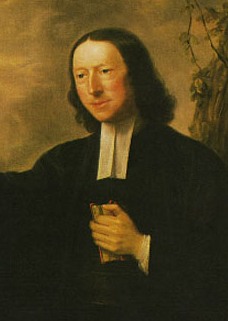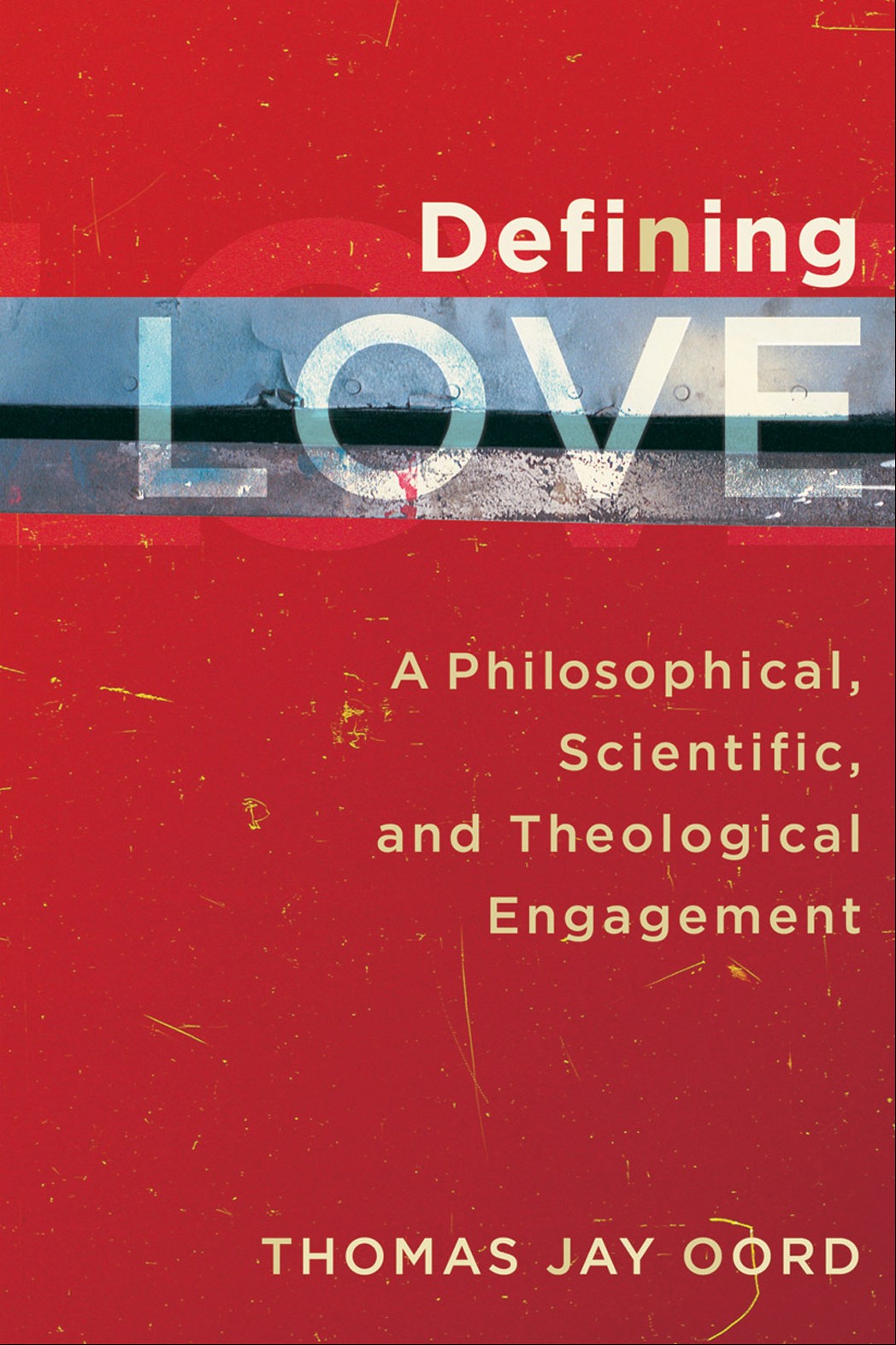A catholic Spirit for a Big Tent
Yes, I know the “c” in the title is not capitalized. I’m using the lowercase letter, because I’ve been thinking about John Wesley’s sermon on catholic spirit in light of the “Big Tent Christianity” event.
Being catholic
Wesley uses an obscure biblical passage to begin what many considered one of his most important sermons, “A Catholic Spirit.” By “catholic,” he means something like “universal church.” (The upper case spelling, “Catholic,” today refers to the Roman Catholic Church.)
The obscure passage Wesley uses is 2 Kings 10:15. Below is the passage as it appears at the beginning of his sermon:
“And when he left there, [Jehu] met Jehonadab the son of Rechab coming to meet him, and he greeted him and said to him, “Is your heart right, as my heart is with your heart?” and Jehonadab answered, “It is.” [Jeh u said], “If it is, give me your hand.”
u said], “If it is, give me your hand.”
With this passage as his text, Wesley begins by saying that we ought to love everyone – family, friends, and enemies. Christians owe “a special love… to those who love God.” The love for sisters and brothers in Christ is especially important. But love ought to rule all our relationships.
Unfortunately, says Wesley, daily experience shows us that not all people practice this kind of love. Christians sometimes do not love other Christians. The main reason for this lack of love: Christians think differently and worship differently from one another.
Christians Think and Worship in Different Ways
Wesley admits such differences in thinking and worship are proper grounds for meeting as different congregations. He understands that we will not see eye to eye, and gathering together in likeminded communities is natural.
But he thinks these differences in thinking and worship should not prevent us from being united in affection for one another: “Though we cannot think alike, may we not love alike? May we be of one heart, though we are not of one opinion?” he asks. “Without a doubt, we may,” he says in answer to his own questions.
To think differently about life and to have worship preferences is part of what it means to be human. In the present life, says Wesley, people will not see all things alike.
Further, he says, none of us can “be assured that all of his own opinions, taken together, are true.” Like the philosopher Rene Descartes, Wesley knows that we all have been mistaken about our perceptions, views, and opinions. None of us is omniscient.
Given our inherent limitations, the wise Christian “will allow others the same liberty of thinking that he desires they should allow him.” And, says Wesley, the wise person “will no more insist on their embracing his opinions than he would have them to insist on his embracing theirs.”
After all, says Wesley, we know that in all ages, people “have differed in nothing more than in their opinions concerning the Supreme Being.” The result is that “in nothing have they more differed from each other, than in the manner of worshipping him.” Even among Christians, says Wesley, “the particular modes of worshipping God are almost as various as among the heathens!”
In love, therefore, we must allow others the freedom to think and worship in ways they feel so convicted.
 Love Avoids Extreme Relativism
Love Avoids Extreme Relativism
This does not mean, however, that extreme relativism reigns. (Wesley’s word for “extreme relativism” was “latitudinarianism.”)
Each person ought to have strong convictions about which ideas and theologies he or she thinks is best. Each person ought to have convictions about worship styles and modes. And each ought to follow those convictions.
Having a catholic spirit does not mean abandoning all personal convictions and beliefs. A person with a catholic spirit, says Wesley, may be “clearly convinced that this manner of worshipping God is both scriptural and rational.” In fact, such a person may believe that in the entire world there are no better particular views and forms of worship than his or hers!
Wesley was also against the idea that a Christian could thrive outside Christian community. Each person should participate in and be a member of a local congregation. And believing one congregation was better than another was a natural part of being people with preferences.
And … theology really matters.
In a section of the sermon 800 words long, Wesley reels off a series of theological questions that matter. Those questions range from “Do you believe in the Lord Jesus Christ?” to “Are you more afraid of displeasing God than either of death or hell?” to “Do you love as yourself, all mankind without exception?”
Wesley gives no specific answers to these questions. He offers answers in his hundreds of other sermons and writings. The answers we give these questions, thinks Wesley, really make a difference.
To have one’s heart right with another, and to give one’s hand to another, says Wesley, entails a few things. He lists these by using himself as the object of concern:
-
1. Love me. “Love me with a very tender affection, as a friend that is closer than a brother, as a brother in Christ,” he says. “Love me as a companion in the kingdom and patience of Jesus, and a joint heir of his glory.” In particular, says Wesley, “Love me so as to think no evil of me. Love me with a love that covers all things, is always willing to think the best, to put the fairest construction on all my words and actions.”
-
2. Pray for me. “Commend me to God in all your prayers,” says Wesley.
-
3. Prompt me to love. “Encourage me in the work that God has given me to do,” says Wesley, “and instruct me how to do it more perfectly.”
-
4. Love me not in word only, but in deed and truth. “So far as in conscience you can (retaining still your own opinions, and your own manner of worshipping God), join with me in the work of God,” says Wesley. “And let us go hand in hand.”
Near the conclusion of his sermon, Wesley sums up his overall understanding of what it means to have a catholic spirit:
While a person with a catholic spirit “is steadily fixed in his religious principles in what he believes to be the truth as it is in Jesus, while he firmly adheres to that worship of God which he judges to be most acceptable in his sight, and while he is united by the most tender and closest ties to one particular congregation, his heart is enlarged toward all mankind, those he knows and those he does not. He embraces with strong and cordial affection neighbors and strangers, friends and enemies. This is catholic or universal love. And he that has this is of a catholic spirit. For love alone gives the title to this character: catholic love is a catholic spirit.”
Big Tent Event
The final lines of “A Catholic Spirit” offer advice I plan to heed as I participate in the Big Tent Christianity conference. The conference brings together Christians of various stripes and persuasions to, as the website puts it, “proclaim what unites us as followers of Jesus Christ and as His disciples in this modern world.”
I’m looking forward to meeting with some of diverse people who comprise the contemporary Christian church. I honestly don’t know what to expect. But I want to heed the message of Wesley’s sermon. And I want to follow the advice Wesley gives in his sermon’s last sentence:
“Keep an even pace, rooted in the faith once delivered to the saints, and grounded in love, in true catholic love, till you are swallowed up in love forever and ever!”
Amen!
* I thank Dennis Bratcher for the edited version of Wesley’s sermon I consulted for this essay.

Comments
Thank you for this post. I am fascinated with the treatment of this sermon in many of the Nazarene conversations I find myself in. especially I appreciate when you clarified that “Having a catholic spirit does not mean abandoning all personal convictions and beliefs.” Also “Wesley was also against the idea that a Christian could thrive outside Christian community” These stipulations recognize that Wesley was speaking to the small group of the “church” recognizing of the rest of the larger church.
I have heard this sermon used to somehow include the wide religious views that abound in our pluralistic society with those which espouse an atheist perspective such as Buddhism or polytheism such as Hinduism and all the rest. “All truth is God’s Truth” is the justifier, often using Wesley’s Catholic Spirit especially paragraph I.9 which reads;
And how shall we choose among so much variety? No man can choose for, or prescribe to, another. But everyone must follow the dictates of his own conscience in simplicity and godly sincerity. He must be fully persuaded in his own mind and then act according to the best light he has.
While there is certainly room for conversation with persons of other faiths, the exclusivity of Christ in the Christian community, which Wesley strongly admonishes, needs to be kept. Tom, you mention ‘extreme relativism’ which is a distinction without a distinction. Where would you draw the line where “extreme” could be?
This was a very thoughtful and inspiring message you wrote Dr. Oord. It was encouraging to hear about the catholic spirit. It is always a good reminder of what it means to be in community with everyone else. The catholic spirit is about loving everyone (Christian and non-Christian. At first when i started reading this, i immediately thought: How can we have a universal church when we have so many different denominations and such? But as i continued to read and think along with the blog, i realized that it about being patient and understanding.
Even though all people do not get a long or think the same way, all people can be in community with each other. Its about loving each other (in the sense of discussion, accountability, and humility). Discussion; being able to talk about all topic and being able to say i agree/disagree with you and it’s ok no matter the out come. We may think we are right in areas but who know maybe we are completely wrong. Accountability, holding each other to their values and moral standards and not being afraid to confront each other. Humility; the only way we can be in community with others is if we put aside our selfish desires.
I really like Wesley’s “catholic spirit” because it was a great reminder to me that i am to love all (non-Christians and Christians) especially the Christians. I find it harder to love the Christians rather than the non-Christians.